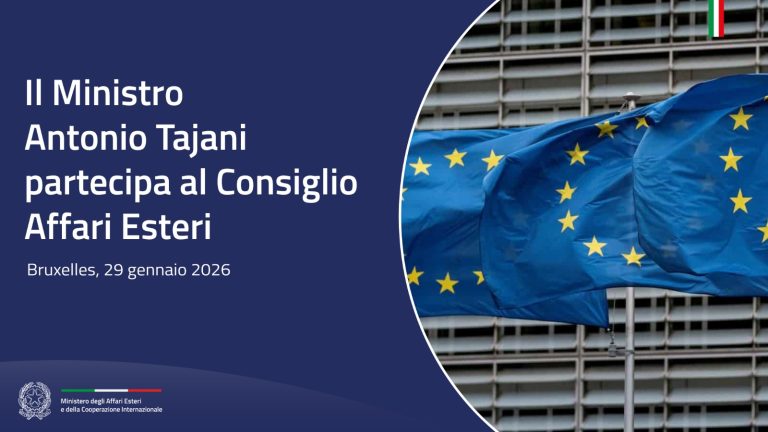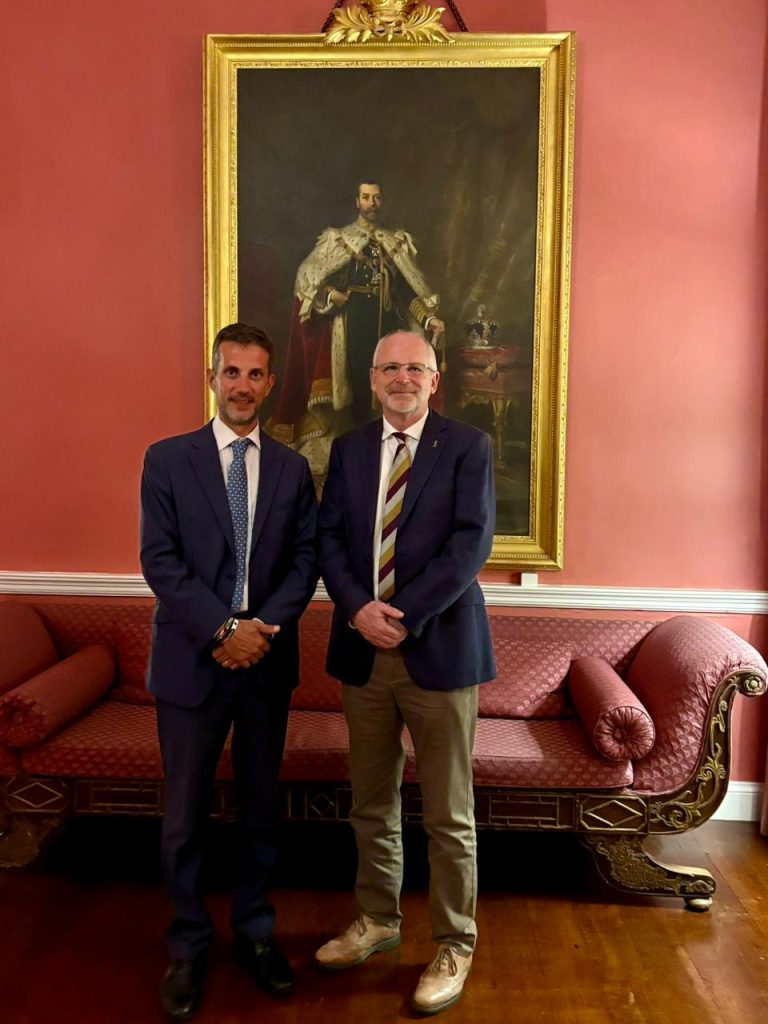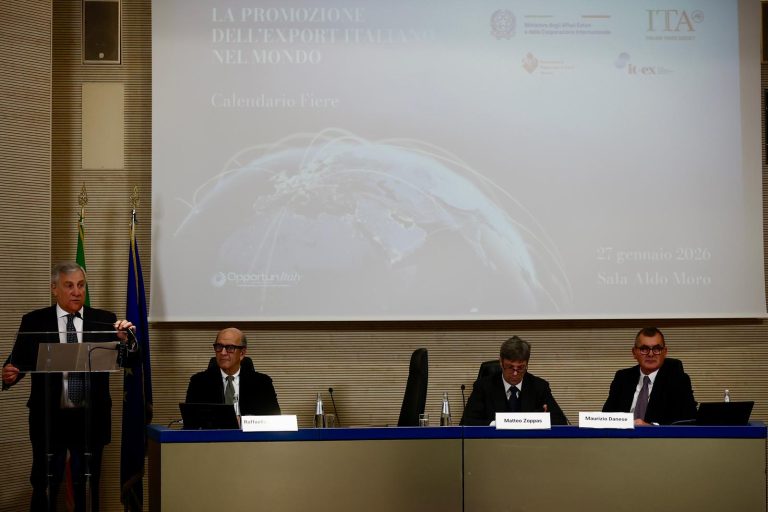(unofficial translation)
ITALY CALLS FOR VISIBLE ACCORD
“I encouraged the Serbian leadership in Belgrade to take all the necessary measures to ensure the validity and success of this accord, and intend to do the same in Pristina. I am aware of the complexity and delicacy of many of its provisions, but I am also confident that all the parties concerned (including the Serbian community in the north of Kosovo) will focus on the positive consequences of a shared and peaceful future, and not on the legacy of a past marked by division and confrontation”, Bonino said.
Tribuna: Madame Minister, what is the purpose of your visit to Kosovo?
Bonino: My main goal is to confirm Italy’s solid support for Kosovo’s leadership and its people at a crucial stage in the internal consolidation, regional legitimacy and cooperation and European prospects of Europe’s youngest State, and to encourage its determined pursuance of the earnest process of reform and dialogue that it has courageously and successfully undertaken. Italy approved and championed the declaration on the end of supervised independence (ESI) of last September, which marked a significant step in the history of Kosovo as an independent country – but this is not the end of the road, since a new and stimulating phase has now begun that we hope, in the coming weeks, will signal new and meaningful progress toward the future stability not only of Kosovo but of the entire region.
Certainly, this visit also offers an opportunity to review the status of bilateral relations, which are excellent, and to outline ways to further strengthen them.
“Our bilateral relations have always been positive, and we cannot ignore the significance of the friendship and solidarity that our peoples have shared since those historic days in 1999. Relations are now excellent in all sectors, including economic and trade relations, as Italy is Kosovo’s second-ranked trade partner”, Bonino asserted.
Tribuna: Madame Minister, you will be signing some bilateral accords with Kosovo, what is their importance and how would you assess bilateral relations with Kosovo?
Bonino: We will be signing several very important accords that include a mutual cooperation and assistance agreement on criminal matters and one on extradition, both of which foreground our solid cooperation in matters of security and justice, which has been strengthened also by our participation in the EU Rule of Law mission (EULEX). Our bilateral relations have always been positive, and we cannot ignore the significance of the friendship and solidarity that our peoples have shared since those historic days in 1999. Relations are now excellent in all sectors, including economic and trade relations, as Italy is Kosovo’s second-ranked trade partner. We recently launched a broad series of initiatives aimed at the further reinforcement of economic ties between our respective business communities.
Normalisation must continue.
Tribuna: You have also visited Belgrade. How would you judge the recent accord signed by Pristina and Belgrade in Brussels? Do you expect both parties to be capable of implementing it?
“The enlargement process and the Western Balkans’ European prospects are two fundamental processes for the EU: they are undeniably part and parcel of the EU’s nature and its raison d`étre. They must, therefore, not be eliminated, or considered secondary, while economic recovery is given sole priority”, Bonino says.
Bonino: The accord reached exactly 2 months ago by Prime Ministers Thaci and Dacic and its implementation plan outlined on 22 May represent a milestone in the normalisation of relations between Pristina and Belgrade, and in the stabilization of the entire region. I encouraged the Serbian leadership to take the necessary measures to ensure this accord’s validity and success, and intend to do the same in Pristina. I am aware of the complexity and delicacy of many of its provisions, but I am also confident that all the parties concerned (including the Serbian community in the north of Kosovo) will focus on the positive consequences of a shared and peaceful future, and not on the legacy of a past marked by division and confrontation.
Tribuna: What are your expectations regarding the EU Council’s upcoming decision on the European Commission’s recommendations on Serbia and Kosovo?
Bonino: Pristina and Belgrade have made much progress over recent months through the EU-facilitated dialogue. Italy will do everything possible at the next EU Council to ensure that this progress is duly recognized, aware that the prospect of European integration is not only a reward but also further incentive and responsibility for both countries to strengthen their commitment to normalising relations.
Tribuna: One Italian newspaper entitled an interview with you “Europe is confused. I’m not”: with this in mind, do you see Europe confused or not on enlargement and the Balkans prospects for membership?
Bonino: The enlargement process and the Western Balkans European prospects are two fundamental processes for the EU: they are undeniably part and parcel of the EU’s nature and its raison d`étre. They must, therefore, not be eliminated, or considered secondary, while economic recovery is given sole priority. Italy will continue to back the European prospects of all the Western Balkans countries, since that is the only true condition for stabilisation and security, democratic consolidation and economic and social progress, not only in that region but across the entire continent.





